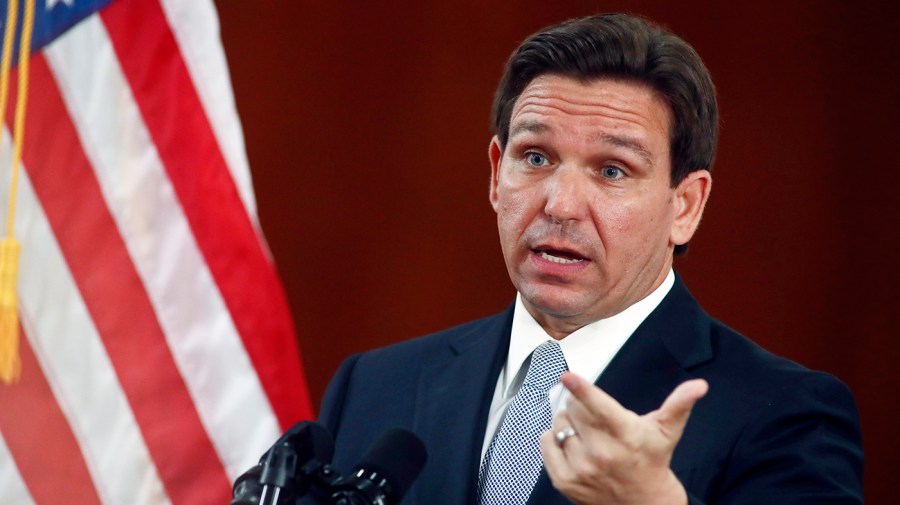Related video: Governor Ron DeSantis signs new bills aimed at protecting children
TAMPA, Fla. (WFLA) — Florida Gov. Ron DeSantis signed a bill Thursday barring local governments from requiring heat protection for outdoor workers.
Rather than sign the bill at a press conference, as DeSantis usually does, the Florida governor opted to quietly sign the controversial bill and announce it during a Thursday night press release alongside nine other bills.
Biden to Iran regarding imminent attack: ‘Don’t’
The bill, passed by the Florida Senate in March 2024, makes it so local governments can not require companies to “meet or provide heat exposure requirements beyond those required by law.” Miami-Dade County commissioners took up an ordinance last year that would require employers to provide access to water and breaks in the shade on especially hot days, but it was deferred to this spring.
The ordinance was the culmination of a years-long campaign from local workers’ rights groups in response to heat-related illnesses and deaths in industries such as construction and agriculture.
Currently, there are no federal or state laws ensuring protection from heat exposure for those working outdoors.
“The intent of the bill is to ensure that employers have the ability to govern themselves and make sure they create the best working environment for their employees,” said bill sponsor Sen. Jay Trumbell (R-Panama City).
The bill met opposition from citizens, many stating local governments should have the power to set their own standards based on the weather in their local area.
“Let’s face reality. We have bad actors out there. Don’t kid yourself,” Sen. Victor Torres (D-Kissimmee) said, before adding, “OSHA can only do so much. Is OSHA everywhere in the state, to where you can say a phone call will have somebody respond to that location? No. They don’t have enough manpower.”
The new law comes after 2023 was the hottest year in recorded history, with the southern portions of the United States suffering weeks of oppressive humidity and triple-digit temperatures.
